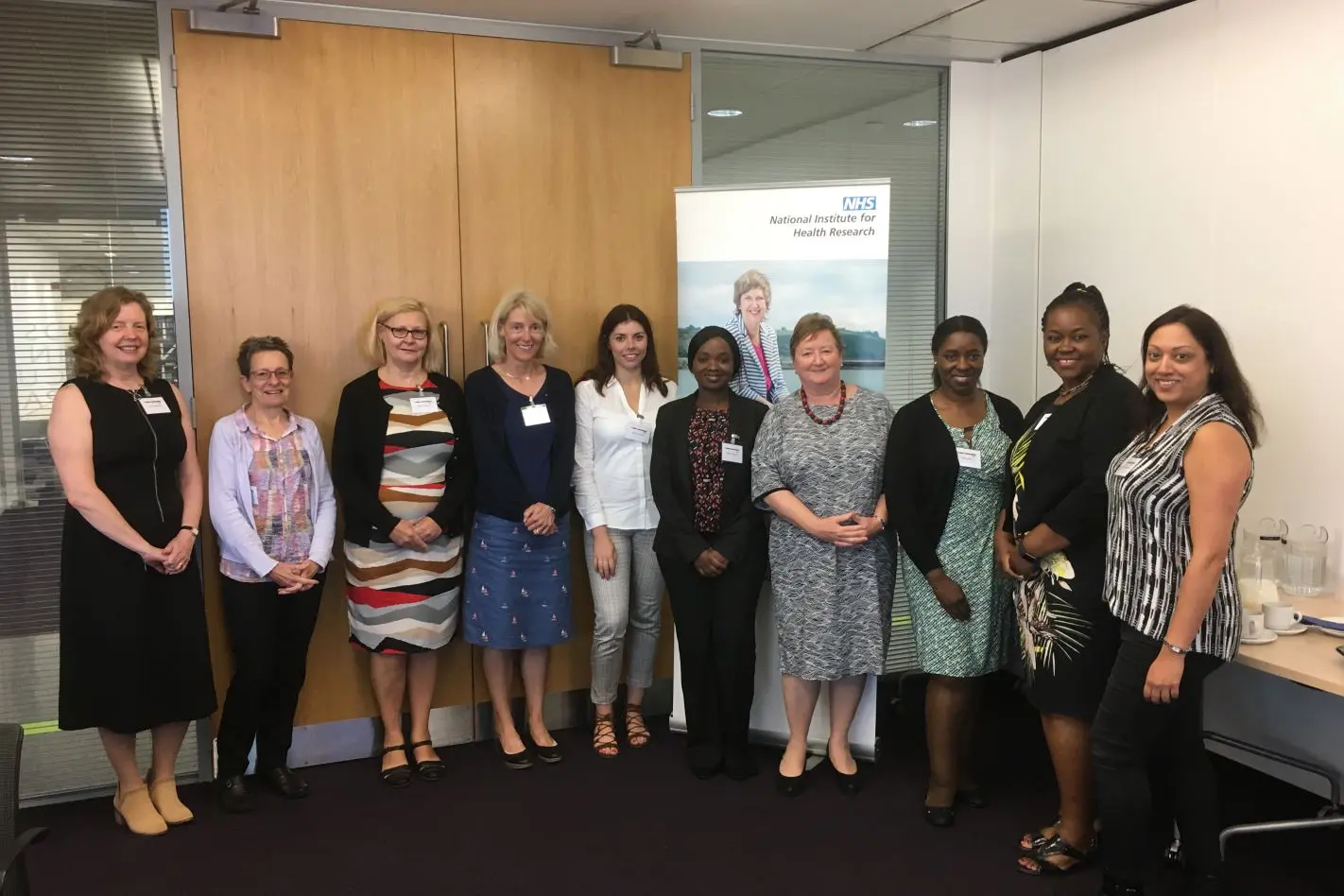Exciting and unique development opportunity with the Institute
Research Associate – Based in North East England
Please note: short closing date due to start date of the study
We are seeking an ambitious, enthusiastic Research Associate, with experience in public health research to support the delivery of the BabyBreathe NIHR Trial in the Newcastle site, to join the Institute of Health Visiting (iHV) for fixed-term period of thirty-nine months. The post is available from October, following successful appointment. The research is grant funded by National Institute for Health Research (NIHR) working within the North East of England.
The Research Associate will be supporting a randomised trial of a postpartum relapse prevention intervention developed through an early phase intervention development study. The post holder will work as part of a team alongside Vicky Gilroy as the Principle Investigator for the Newcastle site from the iHV, supported by a team of experts in smoking cessation and working with the trial manager as part of the Norwich Clinical Trials Unit.
The individual would need to be dynamic, proactive, flexible and have the ability to work independently. They will be required to contribute to all elements of the research, this will include: helping to conduct literature reviews and evidence syntheses; supporting the development of study protocols and materials (e.g. interview topic guides and questionnaires); managing applications for ethical approvals; helping to deliver the training intervention; conducting data collection and analysis; contributing to research write up. Given the mixed-methods nature of the planned research, this post would suit someone with strong and demonstrable qualitative and quantitative research skills.
Key Requirements
Applicants should have a relevant master’s in health or social science, and it is desirable to have completed or near completed a PhD in Health Sciences/Psychology/Public Health/related discipline.
The successful candidate must have experience of collecting and analysing qualitative and quantitative data. Excellent interpersonal skills, willingness and ability to work collaboratively and effectively as part of a team remotely and in person, in-depth knowledge of research design and methods relevant to applied health research, the potential to publish in high quality journals and excellent oral and written communication skills are essential.
This role does not meet the eligibility requirements for a tier 2 certificate of sponsorship under UK Visas and Immigration legislation. Therefore, the iHV will not be able to sponsor individuals who require right to work in the UK to carry out this role.
Applications close: anticipated to be midnight 23 September, but applications may close early due to the urgency in commencing this work. Candidates are recommended to apply as soon as possible.
Interviews: 2 October between 11:00 and 14:00 please keep that day clear in your diary.
For further information or an informal conversation about this post please contact Vicky Gilroy [email protected]




